Mole Mysteries Unraveled: 7 Must-Have Ingredients That Make Mexican Mole Irresistible!
Table of Contents
- Introduction: The Soul of Mole
- The 7 Essential Mole Mexican Food Ingredients
- Ingredient Comparison Table
- Buying Guide: How to Choose the Best Ingredients
- Pro Tips for Perfecting Your Mole at Home
- Conclusion: Embrace the Flavorful Legacy of Mole
Introduction: The Soul of Mole
Mole (pronounced MOH-lay) isn't just a sauce — it's a symphony of flavors, a culinary legacy passed down through generations in Mexico. With roots in pre-Hispanic culture and influences from Spanish colonizers, mole comes in many forms — each region boasting its own unique variation.
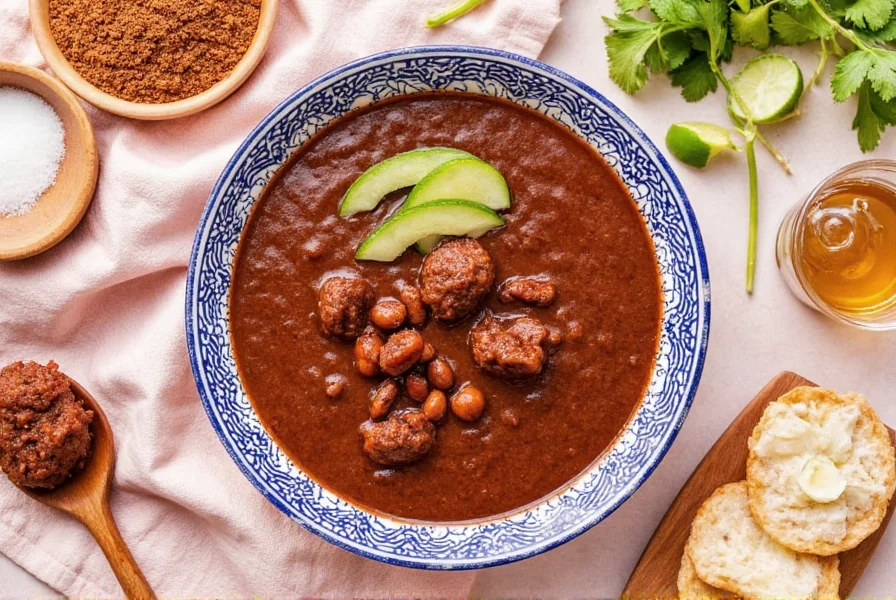
At its heart, mole is a rich, complex sauce made by blending spices, chilies, nuts, seeds, and even chocolate. It’s often served over meats like chicken or turkey and plays a starring role during celebrations like Día de los Muertos and weddings. But what makes mole so special? The answer lies in its ingredients — a carefully curated mix of bold and nuanced elements that come together to create something magical.
The 7 Essential Mole Mexican Food Ingredients
To make an authentic mole, you need more than just chili and cumin. Below are the seven key ingredients that define traditional Mexican mole sauces:
1. Ancho Chile
Anchos are dried poblano peppers known for their deep red color and sweet, fruity flavor profile. They provide the foundational heat and richness in many mole recipes.
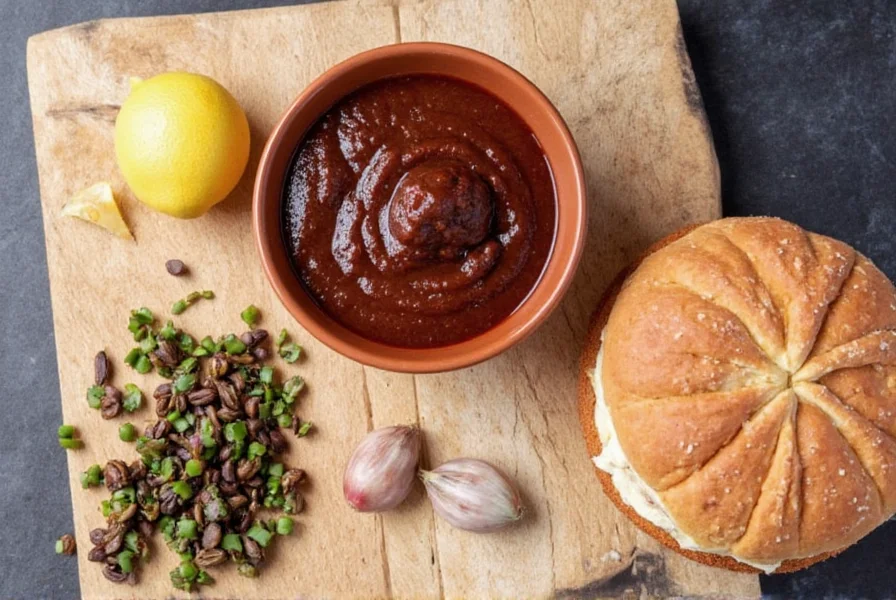
2. Mulato Chile
Slightly smokier and sweeter than anchos, mulatos add depth and earthiness. They’re often used alongside other chilies to enhance complexity.
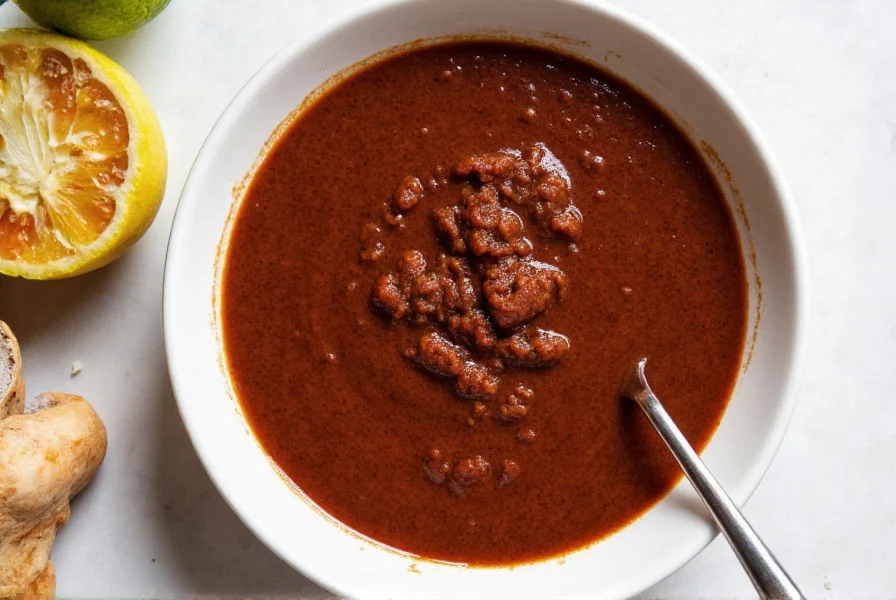
3. Pasilla Chile
With a mild heat and raisin-like flavor, pasillas bring a subtle but essential note to mole negro and other darker varieties.
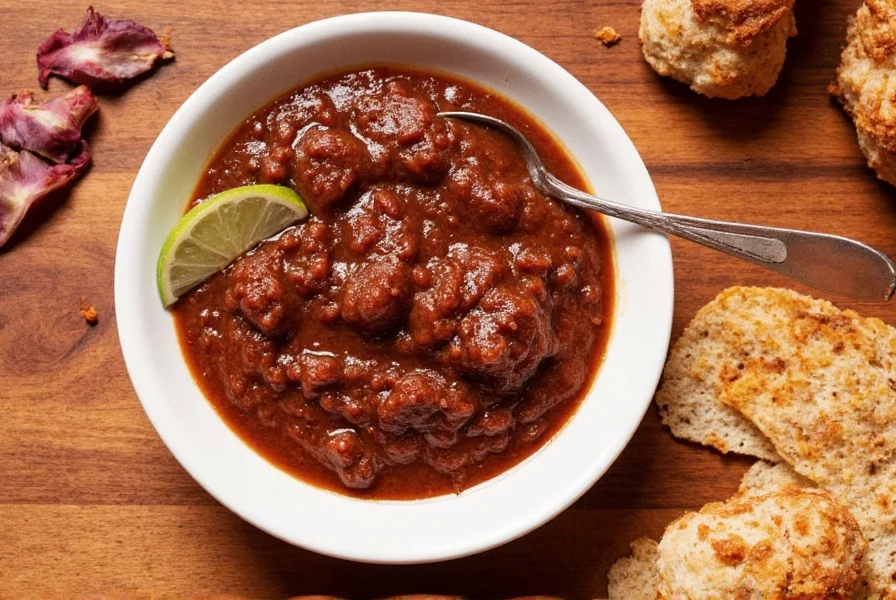
4. Mexican Chocolate
Yes, chocolate! Not the sugary kind, but unsweetened Mexican chocolate like Ibarra or Abuelita, which adds a delicate bitterness and creamy texture.
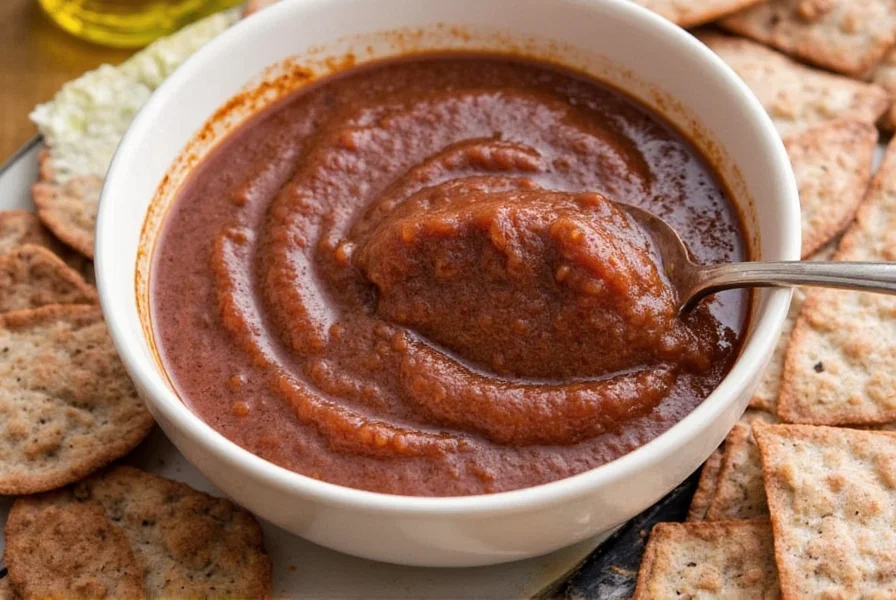
5. Almonds or Walnuts
Nuts act as thickeners and contribute a nutty backbone. While almonds are traditional in some moles, walnuts are commonly used in regional specialties like mole verde.
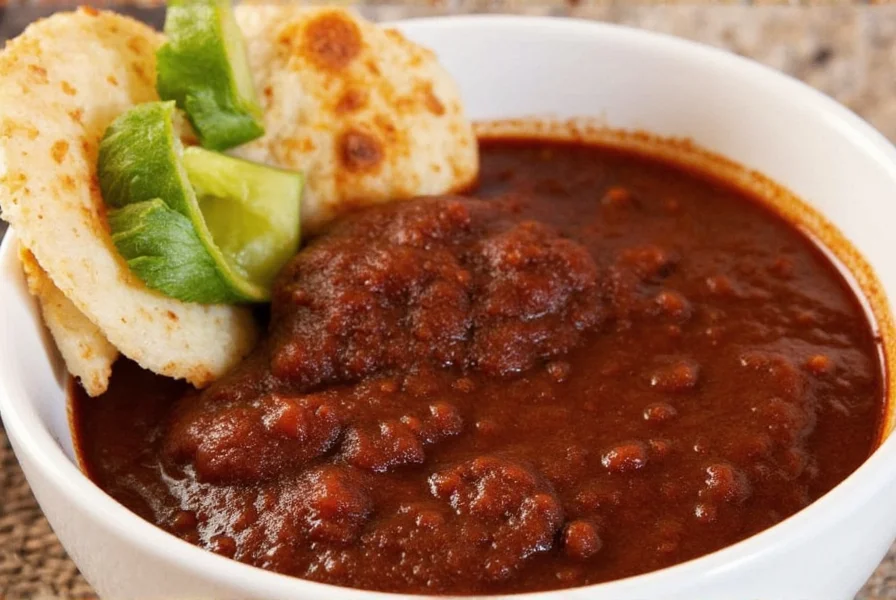
6. Sesame Seeds
Roasted sesame seeds lend a rich, almost nutty sweetness and help thicken the sauce. They’re especially crucial in mole poblano.
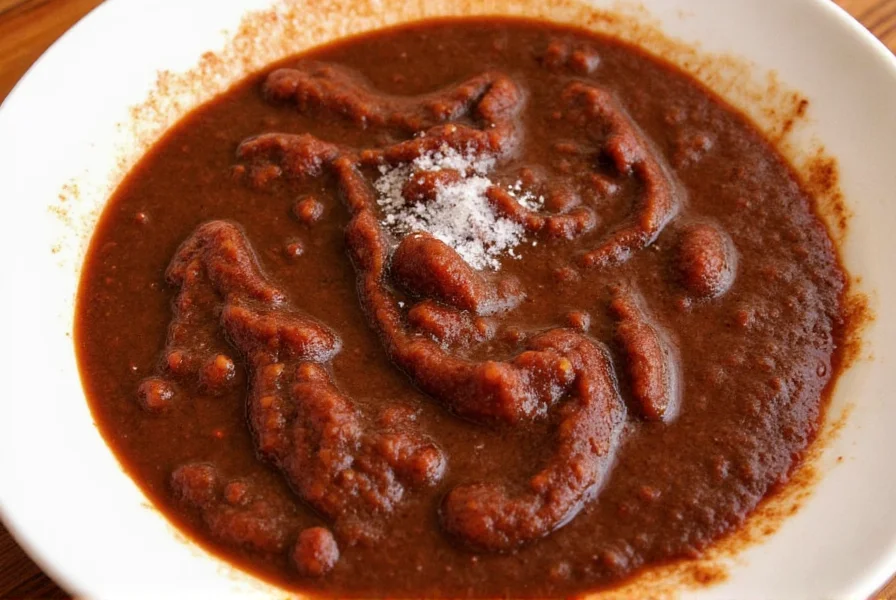
7. Cinnamon and Cloves
These warming spices bring warmth and aromatic balance, rounding out the savory and spicy notes in mole.
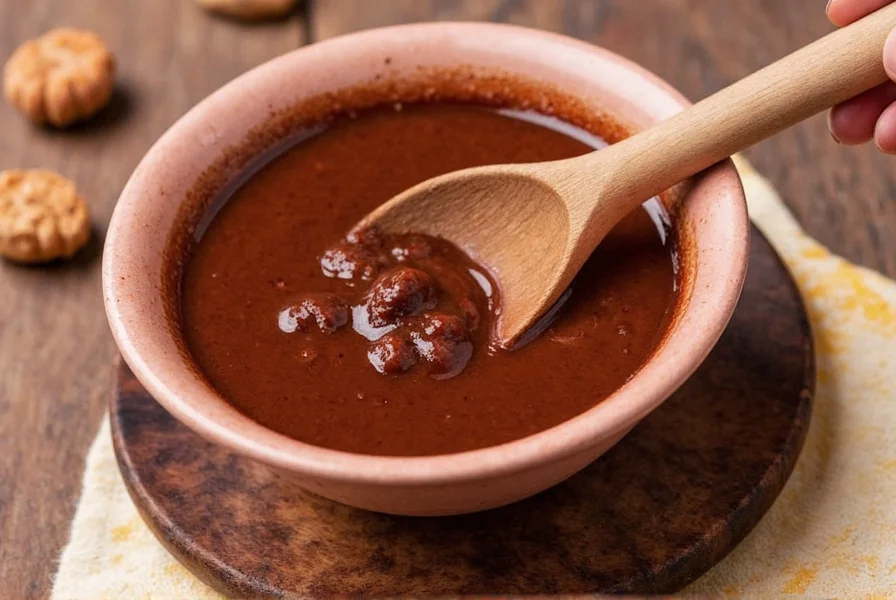
Ingredient Comparison Table
| Ingredient | Flavor Profile | Heat Level | Best Used In | Substitute Options |
|---|---|---|---|---|
| Ancho Chile | Fruity, Sweet | Low-Medium | Mole Poblano, Red Moles | Dried New Mexico Chiles |
| Mulato Chile | Smoky, Sweet | Low | Dark Moles, Complex Blends | Ancho + Smoked Paprika |
| Pasilla Chile | Earthy, Raisiny | Medium | Mole Negro, Dark Sauces | Shishito Peppers |
| Mexican Chocolate | Bitter-Sweet, Aromatic | None | All Mole Varieties | Cocoa Powder + Cinnamon |
| Almonds | Buttery, Nutty | None | Mole Poblano, Thicker Sauces | Walnuts, Cashews |
| Sesame Seeds | Rich, Toasty | None | Mole Poblano, Oaxacan Styles | Peanut Butter (for thickening) |
| Cinnamon & Cloves | Spiced, Warm | None | All Mole Recipes | Apple Pie Spice Blend |
Buying Guide: How to Choose the Best Ingredients
If you're new to making mole, choosing the right ingredients can be overwhelming. Here's your ultimate guide to sourcing the best components without breaking the bank or compromising flavor:
Ancho, Mulato, and Pasilla Chilies
- Look for: Whole dried chilies with intact skin and no mold.
- Avoid: Crushed or broken pieces unless you're buying them ground.
- Recommended Brand: La Morena or El Yaque for high-quality dried chilies.
Mexican Chocolate
- Look for: Unsweetened disks labeled “Mexican Chocolate” or “Chocolate para Mole.”
- Popular Brands: Ibarra, Abuelita, and Campana are widely available and reliable.
- Tip: If unavailable, combine unsweetened cocoa powder with cinnamon and a touch of sugar.
Nuts and Seeds
- Almonds: Preferably raw or lightly toasted. Avoid salted varieties unless specified in the recipe.
- Walnuts: Fresh and plump. Check expiration dates to avoid rancidity.
- Sesame Seeds: Light tan to golden color. Roast them at home for extra flavor.
Spices
- Cinnamon Sticks: True Ceylon cinnamon preferred, but Cassia works in a pinch.
- Cloves: Whole cloves for grinding fresh. Ground cloves lose potency quickly.
Pro Tips for Perfecting Your Mole at Home
Making mole might seem daunting, but once you get into the rhythm, it becomes second nature. Here are a few pro tips to keep things smooth and delicious:
- Taste as You Go: Mole is all about layering flavors. Don’t be afraid to taste after each major step.
- Roast Everything First: Toasting chilies, nuts, and spices before blending intensifies flavor significantly.
- Use a Blender, Not a Food Processor: For a silky-smooth texture, a high-powered blender like a Vitamix or Blendtec is ideal.
- Simmer Slowly: Letting mole simmer on low heat for 1–2 hours allows the flavors to meld beautifully.
- Make It Ahead: Mole tastes better the next day. Prepare it a day before serving if possible.
Conclusion: Embrace the Flavorful Legacy of Mole
Mole is more than a sauce — it’s a celebration of history, culture, and the art of spice blending. Whether you're hosting a fiesta or cooking up a cozy dinner, understanding the essential mole mexican food ingredients will open doors to endless flavor possibilities.
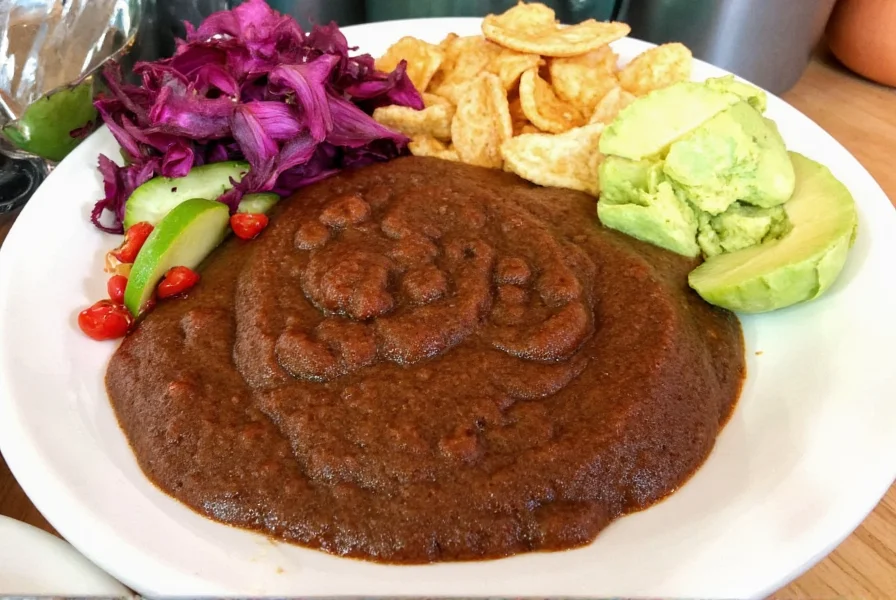
By mastering these ingredients and techniques, you’ll not only elevate your cooking game but also connect with a culinary tradition that’s been perfected over centuries. So grab those chilies, toast those seeds, and let’s make some mole magic in your kitchen today!

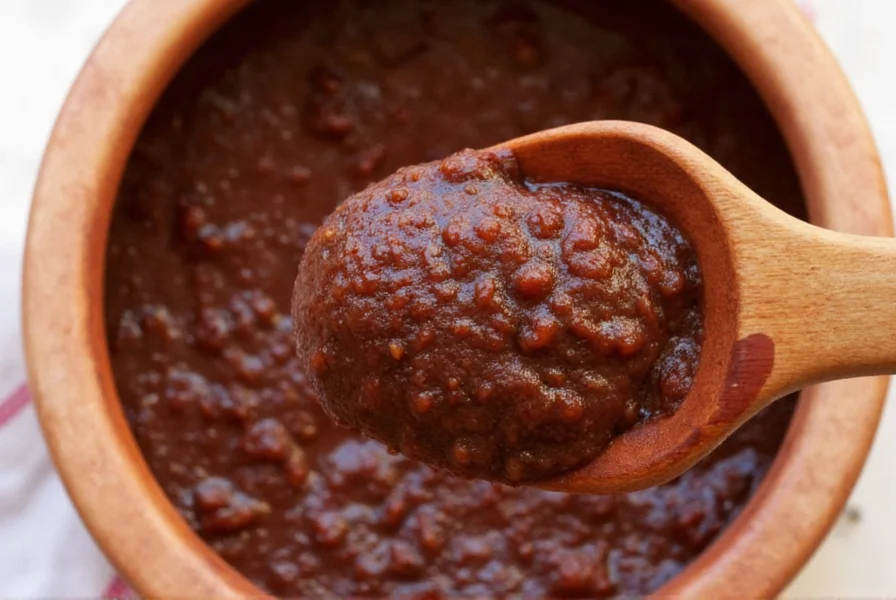









 浙公网安备
33010002000092号
浙公网安备
33010002000092号 浙B2-20120091-4
浙B2-20120091-4